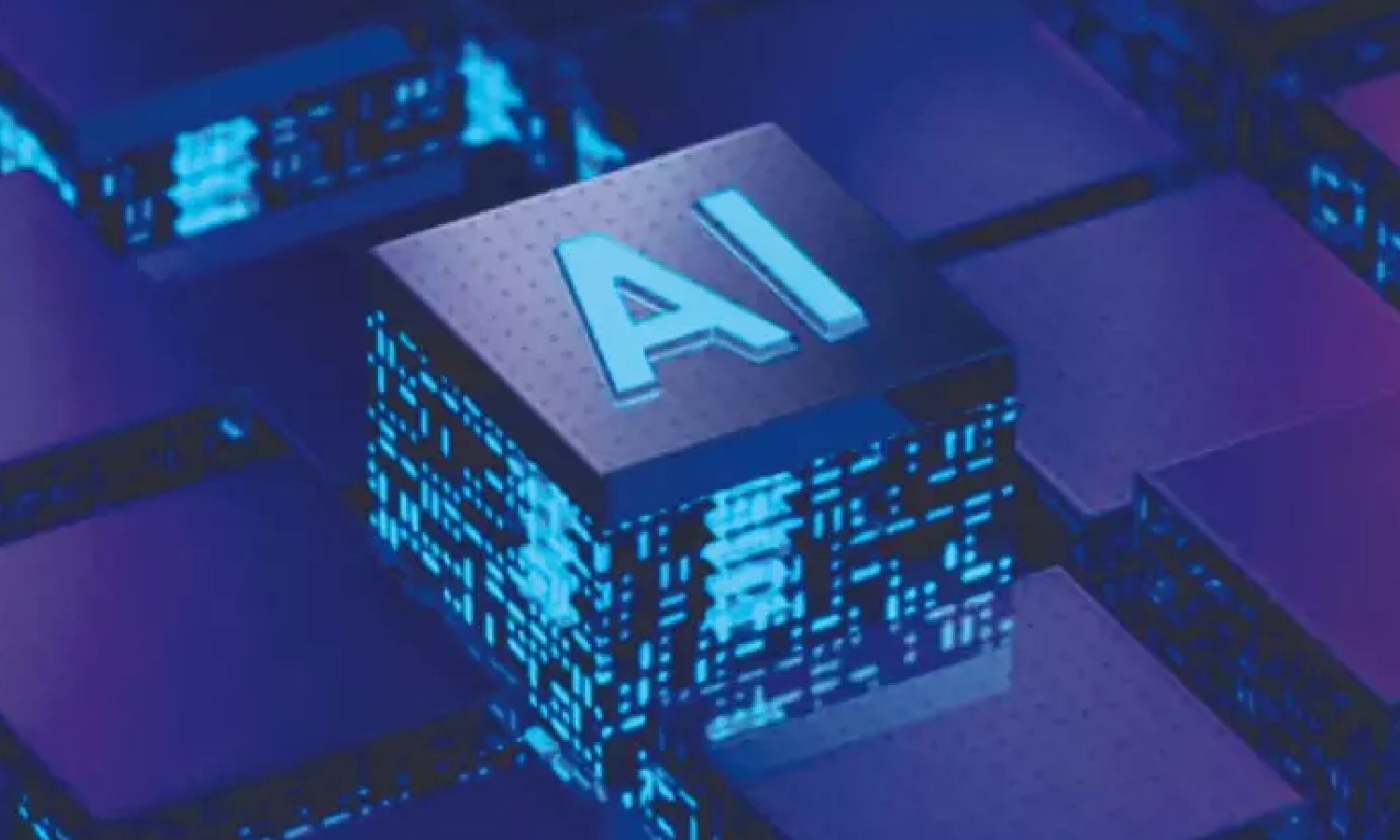### AI's Inevitability Questioned: Experts Call for Nuanced Adoption

BOSTON, August 1, 2024 - Amidst the growing chorus proclaiming the inevitability of artificial intelligence (AI) across various sectors, skepticism about its universal necessity and impact is emerging from UMass Boston’s Applied Ethics Center. The center's researchers argue that the narrative of AI being an unstoppable force is not only oversimplified but also potentially misleading.
Economic Impact and Business IntegrationThe business sector has been at the forefront of AI adoption, driven by the fear of falling behind competitors. However, a recent report by The Economist highlighted in July 2024 suggests that AI's economic impact remains negligible, challenging the notion that companies must integrate AI or face obsolescence.
Higher Education's AI DilemmaIn academia, AI is both a tool and a disruptor. While some see it as an innovative way to engage students, like through AI chatbots mimicking historical figures, others worry about its impact on traditional educational practices. The displacement of writing assignments, critical for developing analytical skills, is a growing concern as educators struggle to authenticate student work.
Healthcare and Scientific ResearchAI's promise in healthcare, particularly in protein structure analysis and drug discovery, has been significant. Yet, its application has not been without setbacks. AI predictions during the COVID-19 crisis failed to accurately forecast severe cases, leading to a cautious approach in relying solely on AI for medical diagnostics.
National Security and Ethical ConsiderationsThe argument for AI in national security is compelling, with major powers like the U.S., China, and Russia racing to develop AI-driven military technologies. However, this rush overlooks the ethical implications and the potential for arms control over an arms race. The focus on AI weaponry could disproportionately affect poorer nations, where these technologies might be used without adequate countermeasures.
A Call for Skepticism and Nuanced AdoptionDr. [Name], a researcher at UMass Boston’s Applied Ethics Center, emphasizes the need for a more measured approach to AI. "The narrative that AI is inevitable is largely driven by those who profit from its adoption. We need to critically assess each application of AI, understanding both its potential benefits and its risks," Dr. [Name] stated.
Lessons from Recent Technological TrendsThe recent history with smartphones and social media offers a poignant lesson. Initially hailed as indispensable, these technologies are now facing backlash for their impact on mental health, leading to policy changes in schools and personal choices to revert to simpler devices.
Dr. [Name] concludes, "Just as we've seen with other technologies, what seems fixed can change. There's still time to shape our interaction with AI in a way that benefits society without rushing into potentially harmful applications."
As AI continues to evolve, the debate on its integration into daily life, business operations, education, and national security will likely intensify, urging a balanced dialogue between innovation and ethical considerations.
